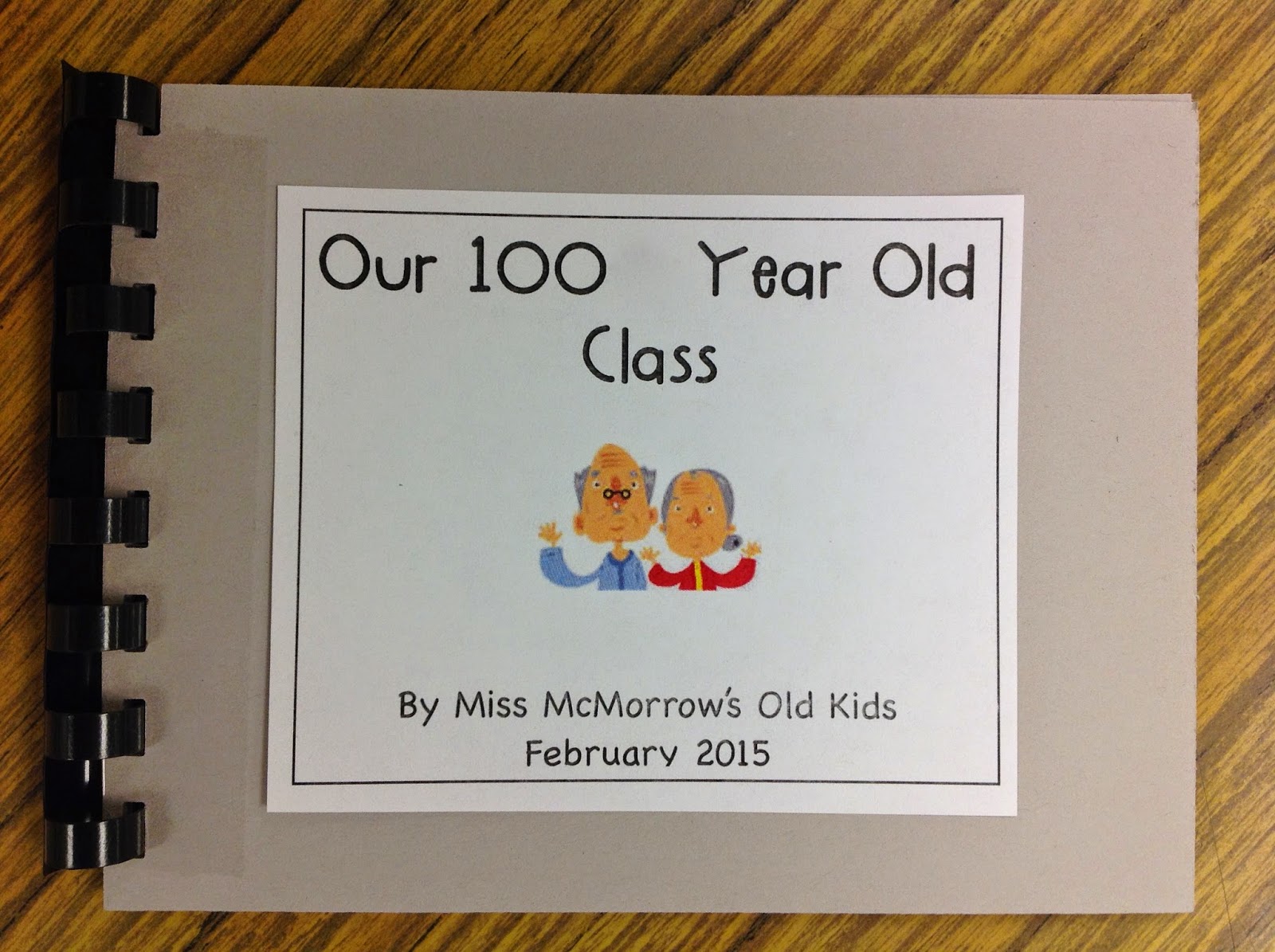Do I make it smart to ask questions? Honestly? Sometimes yes and sometimes no.
Sometimes yes:
Last week I was reading a picture book about George Washington. I asked the kids to show me one finger if they understood the text and two if they didn't. If I spotted two fingers, I stopped and let that person ask their question. "It's so smart of you to know when you don't understand something."
Sometimes no:
A parent recently relayed to me that her daughter was expressing frustrations about not understanding some of the math concepts we had been working on. I met with the little one, supported her through some math practice, and said, "It was so smart of you to let Mom know you didn't understand. If you ever don't understand something, let me know too. You can even write me a note." The next day, one arrived in my box. "Miss McMorrow, I don't understand math in the morning." We've met a few more times since that note, and every time, I've reminded her how smart it is that she tells me when she doesn't understand.
This is a "sometimes no" situation because if I had done my job right, she would have already known how smart it was to speak up about her confusions. She would have told me about them herself. This latter experience begs the question. "When have I ever been explicit about the need for my mathematicians to speak up about their confusions?" This has to be an intentional, purposeful, and ongoing move. Some issues will present themselves in daily work, conversations, and formative or summative assessments, but I also believe others can remain dangerously hidden. My kids need repeated reminders and invitations to open up about their uncertainties. It is my job to make it smart to ask questions.





















